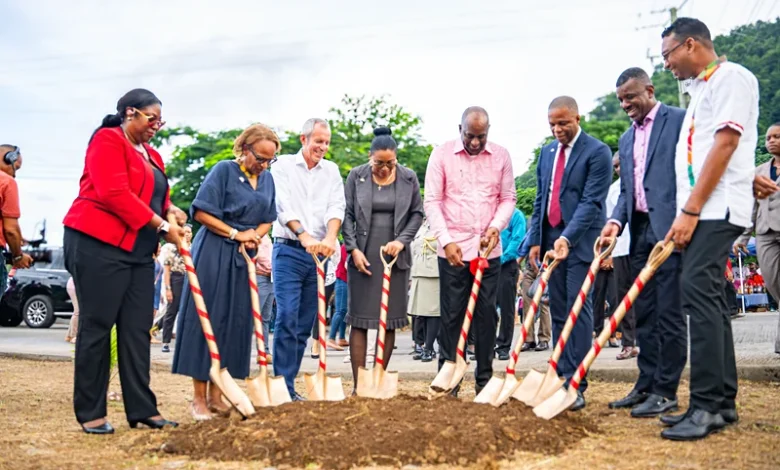Public Sector Investment Programme (PSIP)

The Public Sector Investment Programme (PSIP) of Dominica is the central framework through which the government manages capital development projects across all sectors of national life. Overseen by the PSIP Unit within the Ministry of Finance, the programme is a vital mechanism for translating policy goals into tangible infrastructure, social services, and economic transformation. It reflects Dominica’s strategic direction for long-term resilience, inclusive growth, and modernisation.
Purpose of the Public Sector Investment Programme (PSIP)
The PSIP is the primary tool for implementing the capital budget. It is closely aligned with national planning documents such as the National Resilience Development Strategy (NRDS) 2030 and the Climate Resilience and Recovery Plan (CRRP). It integrates the government’s vision with financing mechanisms to ensure systematic development across housing, education, health, agriculture, transportation, climate adaptation, and digital transformation.
Projects under the PSIP are not randomly selected, they arise from ministry-level submissions and are screened for their alignment with policy priorities, technical feasibility, and financial sustainability. The programme enables ministries to collaborate on cross-cutting goals such as environmental sustainability, food security, and access to quality healthcare.
Project Formulation and Coordination
The PSIP Unit works directly with line ministries and departments to prepare investment proposals. These include technical documentation, estimated budgets, timelines, and development justifications. Once projects are approved through the Ministry of Finance, they are added to the annual or multi-year PSIP.
The process includes:
- Reviewing sectoral development goals.
- Preparing investment concept notes and feasibility assessments.
- Establishing cost estimates and financing plans.
- Integrating environmental and social safeguards.
- Assigning lead implementation agencies and timelines.
The PSIP enables inter-ministerial coordination, particularly through collaboration with the Committee of Permanent Secretaries, which monitors project execution and policy consistency across sectors.
Monitoring and Evaluation
To ensure successful implementation, the PSIP Unit conducts continuous technical and financial monitoring through progress reports, site visits, quarterly reviews, and performance dashboards. Each ministry must submit project implementation updates, while the PSIP Unit consolidates national performance data.
Monitoring functions include:
- Tracking disbursement of funds and procurement processes.
- Evaluating physical progress against timelines.
- Identifying risks and implementation delays.
- Facilitating site supervision visits and corrective action meetings.
This structured approach enhances accountability and supports mid-course corrections where necessary, minimising wastage and improving project delivery outcomes.
Financing and Resource Mobilization
PSIP projects are financed through a mix of government budget allocations, external loans, grants, and technical assistance. Dominica also utilizes funding from agencies such as the Caribbean Development Bank (CDB), World Bank, People’s Republic of China, European Union, and CARICOM Development Fund. The programme’s flexibility allows the government to adapt its financing strategies based on fiscal conditions, natural disaster recovery needs, or emergent donor opportunities.
In the fiscal year 2020/21, the capital component of the PSIP was budgeted at EC$402 million, supporting key investments in public housing, roads and bridges, digital education tools, and health facility upgrades. The financing scale varies annually but consistently reflects the government’s investment priorities.
Strategic National Impact
The PSIP is not just a budget tool but a strategic transformation platform. It drives national infrastructure upgrades, enables rural development, expands access to public services, and supports climate adaptation. Projects like the China-Aid Project of Schools Reconstruction, Geothermal Development Project, and Water Sector Strategic Development Project exemplify its importance.
Through effective planning, monitoring, and execution, the PSIP contributes to:
- Reducing vulnerability to natural disasters.
- Expanding digital and transportation infrastructure.
- Strengthening agriculture and food systems.
- Enhancing education and human capital formation.
By consolidating government-wide investments under a single coordinated programme, Dominica ensures better resource utilisation, transparency, and alignment with long-term goals.




